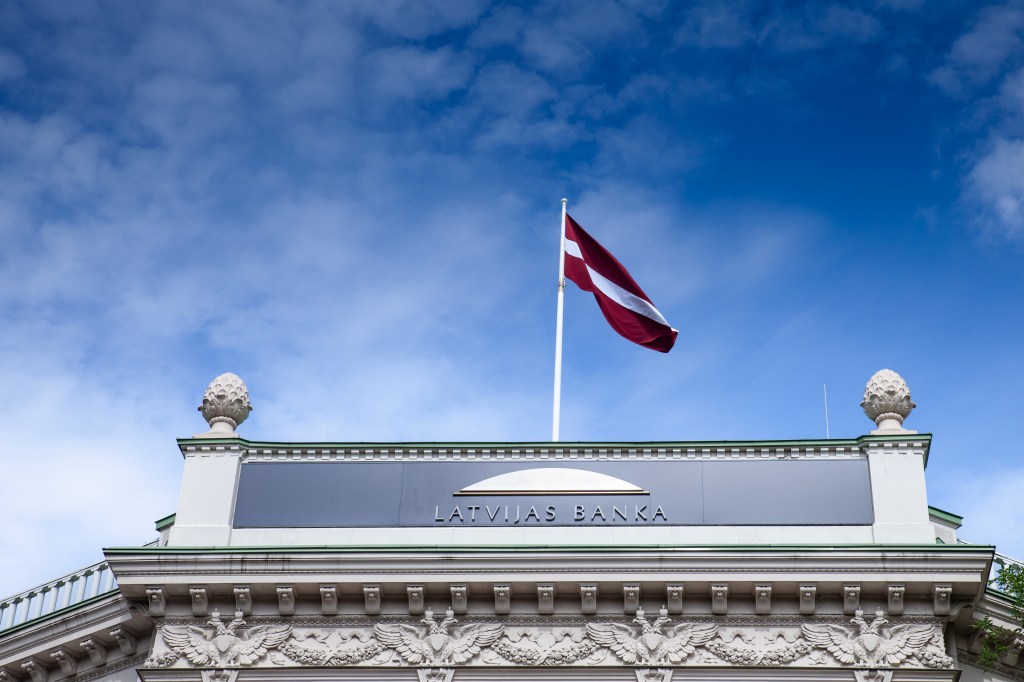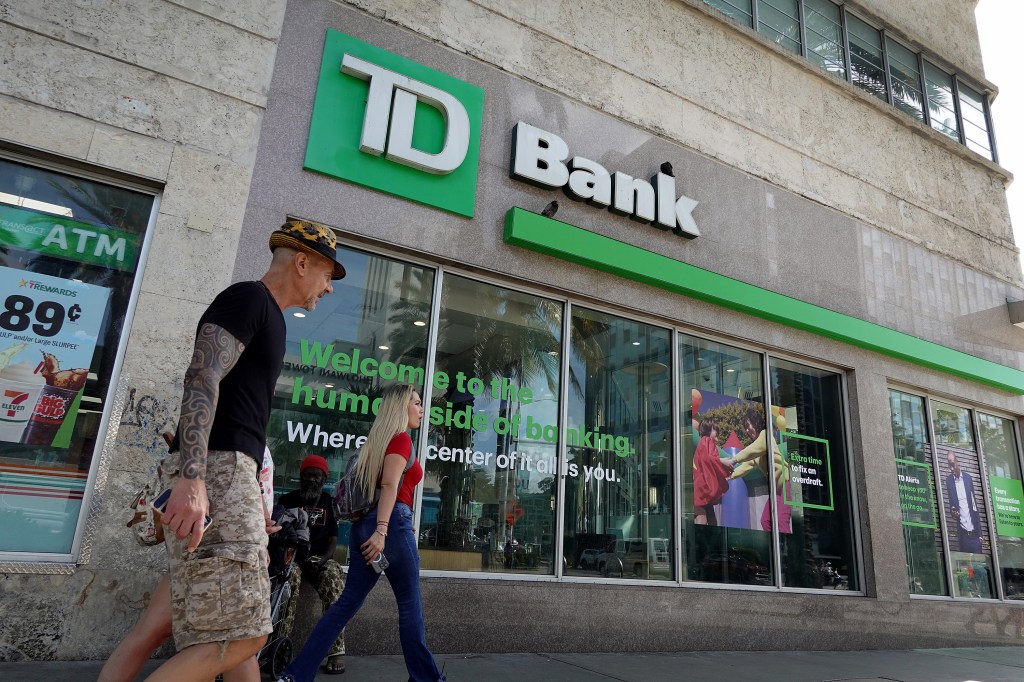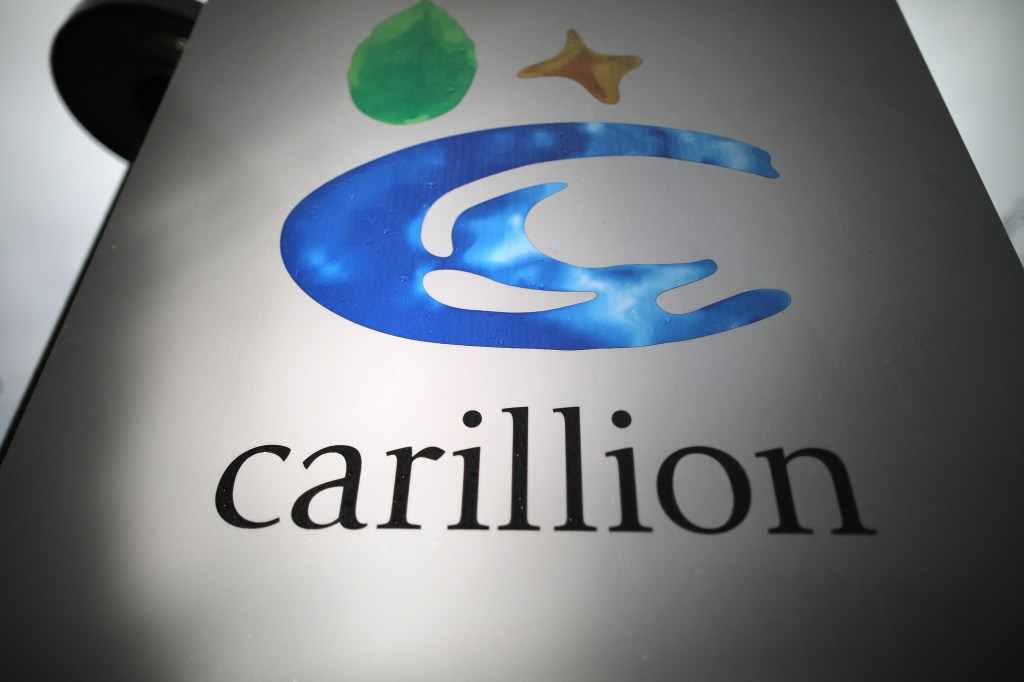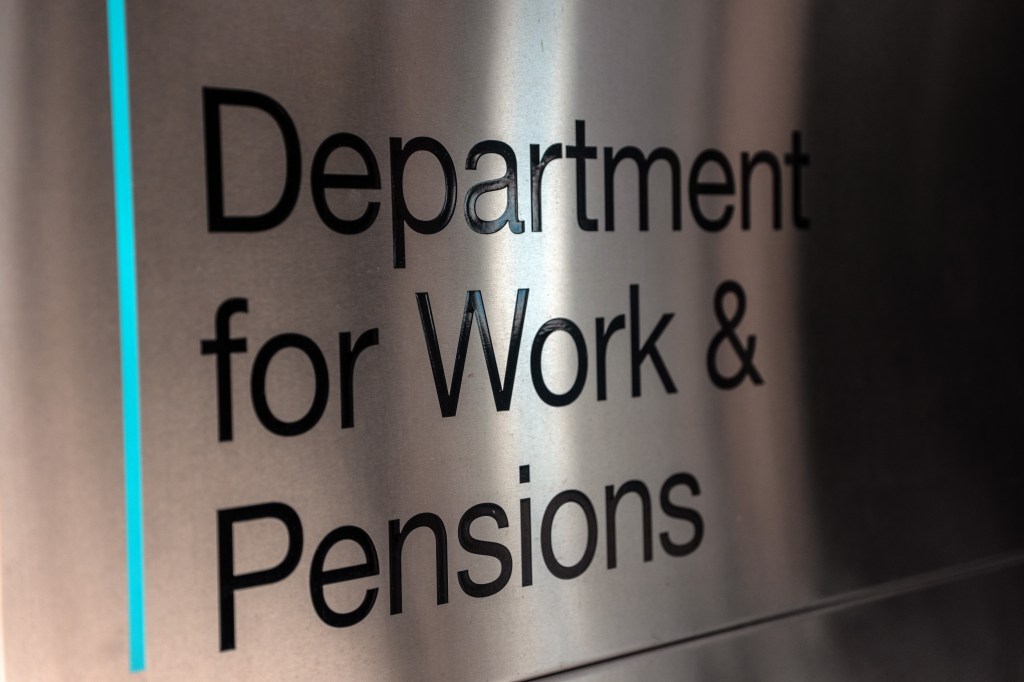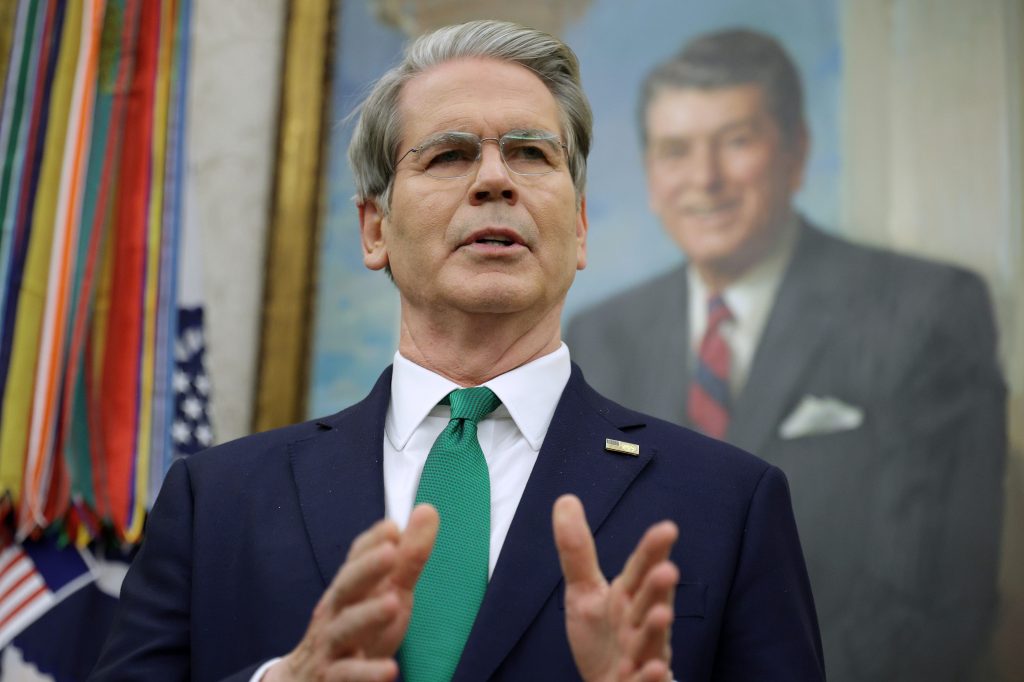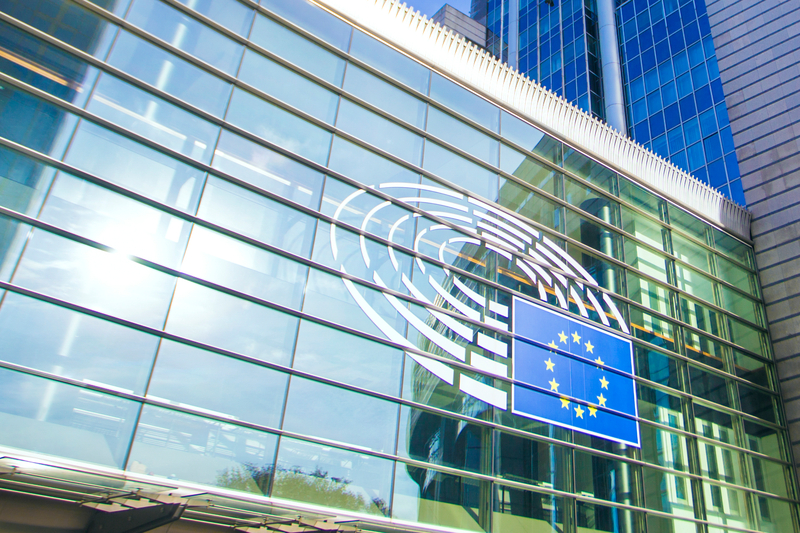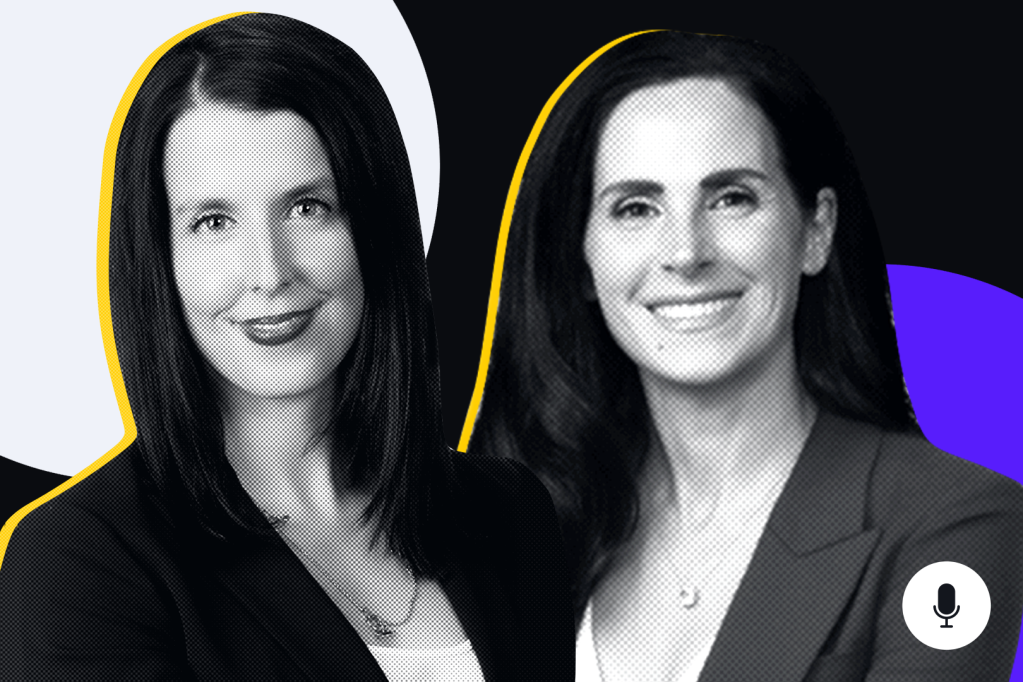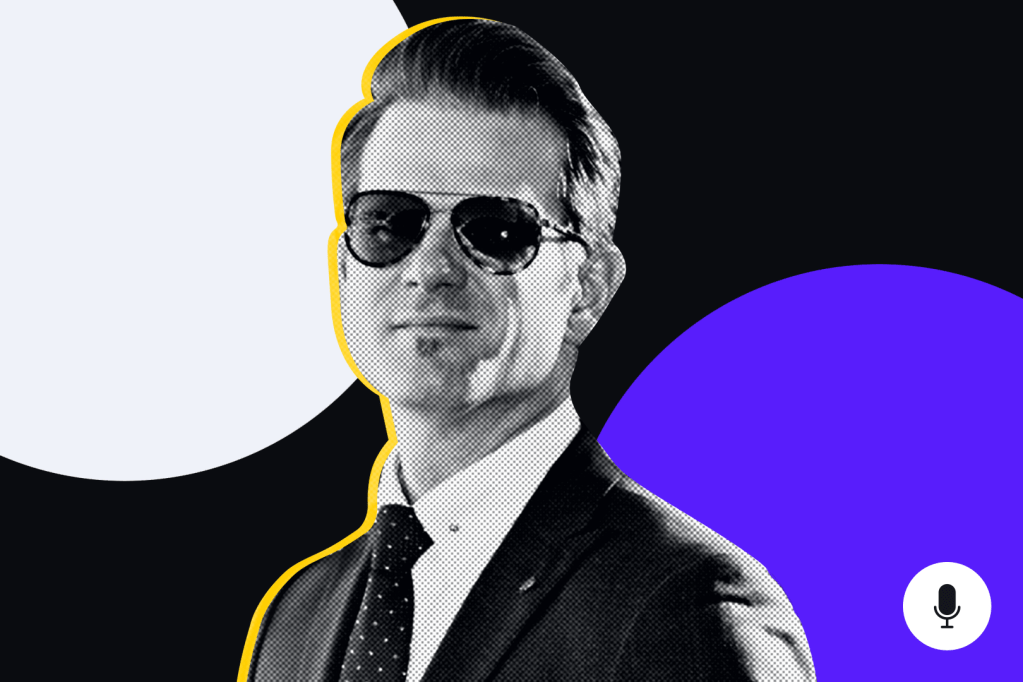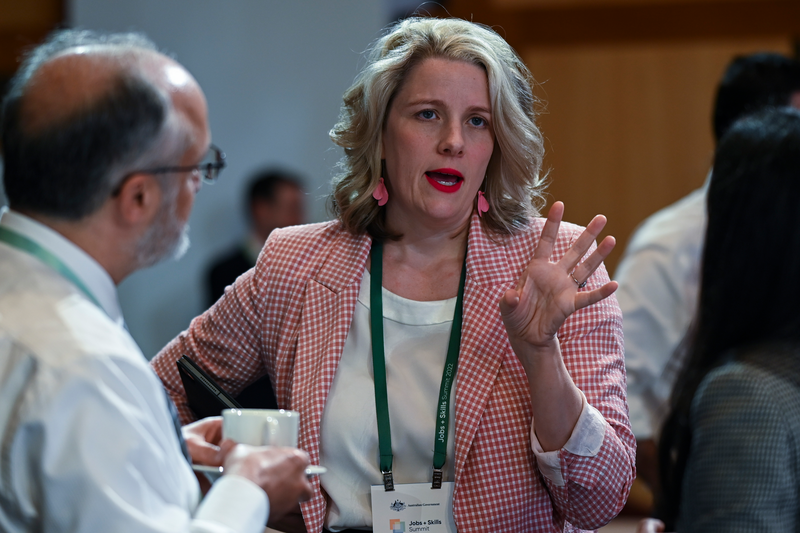“We face a time of great global challenge,” said Clare O’Neil, Home Affairs and Cyber Security Minister at the National Press Club on Thursday.
At the event, Home Affairs Minister Clare O’Neil spoke about the rising cyber risks confronting Australia today. Because of the heightened risks, O’Neil announced a
Register for free to keep reading
To continue reading this article and unlock full access to GRIP, register now. You’ll enjoy free access to all content until our subscription service launches in early 2026.
- Unlimited access to industry insights
- Stay on top of key rules and regulatory changes with our Rules Navigator
- Ad-free experience with no distractions
- Regular podcasts from trusted external experts
- Fresh compliance and regulatory content every day

